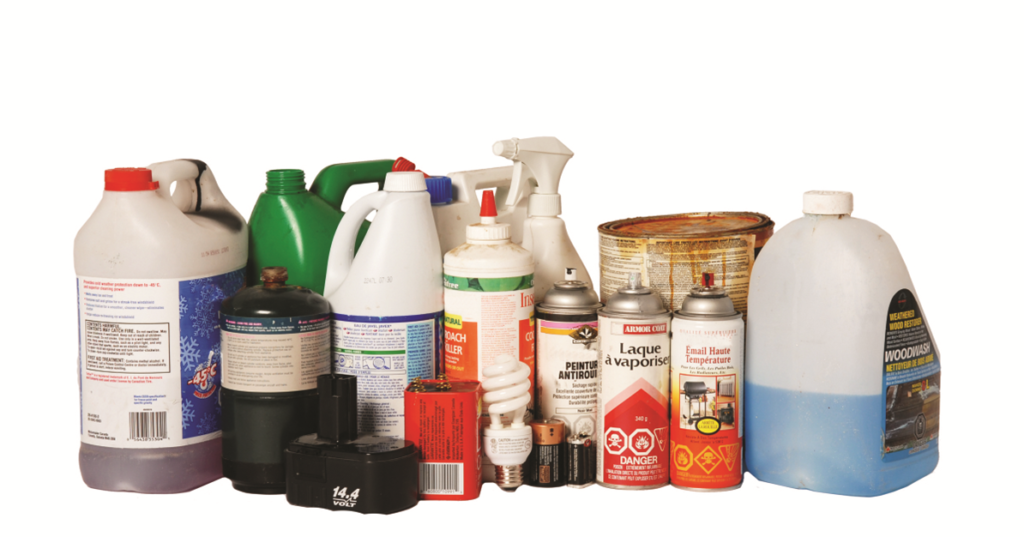
The Importance of Properly Disposing of Household Hazardous Waste
Household hazardous waste poses a significant risk to both our health and the environment. It includes various products found in our homes that, if not disposed of correctly, can lead to pollution, contamination, and potential harm. In this guide, we’ll explore the importance of handling household hazardous waste responsibly and how to go about it.
Identifying Household Hazardous Waste
Before delving into disposal methods, it’s crucial to identify what constitutes household hazardous waste. Common examples include certain cleaning products, pesticides, paints, solvents, batteries, and electronic devices. These items often contain toxic or flammable substances that can pose risks if not handled and disposed of properly.
Why Improper Disposal is a Concern
When household hazardous waste is improperly disposed of—such as being thrown in regular trash or poured down the drain—it can lead to contamination of soil, water, and air. This contamination can harm ecosystems, wildlife, and even find its way into our food chain, impacting human health. The release of hazardous substances into landfills can contribute to the leaching of toxic chemicals.
Local Regulations and Guidelines
The first step in proper disposal is understanding local regulations and guidelines. Different areas may have specific rules regarding the disposal of household hazardous waste. Check with your local waste management or environmental agency to learn about collection programs, drop-off locations, and any scheduled events for safe disposal.
Separation and Storage
Once you’ve identified household hazardous waste items, separate them from regular household waste. Store them in a designated area, ensuring they are in their original containers or clearly labeled. This separation helps prevent accidental exposure and makes it easier when it’s time to dispose of them.
Take Advantage of Local Collection Programs
Many communities offer collection programs for household hazardous waste. These programs may include scheduled collection events or permanent drop-off locations. Participating in these initiatives ensures that your hazardous waste is handled by professionals who can dispose of it safely and responsibly.
Recycling Options for Certain Materials
Some household hazardous waste items, such as electronics or rechargeable batteries, can be recycled. Check with local recycling centers or retailers that accept these items for recycling. Recycling not only prevents hazardous materials from entering landfills but also conserves valuable resources found in these products.
Safe Disposal Methods for Specific Items
Certain household hazardous waste items require special disposal methods. For example, expired medications can often be taken to designated drop-off locations at pharmacies. Similarly, old paint may need to be dried out and disposed of in a specific manner. Research the proper disposal methods for each type of hazardous waste item to ensure compliance with regulations.
Educational Initiatives for Safe Practices
To promote responsible disposal practices, consider engaging in educational initiatives within your community. Share information about the importance of properly disposing of household hazardous waste and raise awareness about local disposal options. Encouraging others to follow safe practices contributes to a healthier and more sustainable environment.
Incorporating Smart Solutions for Waste Management
As technology advances, consider incorporating smart solutions for waste management. Smart home devices and applications can provide information on local disposal options, schedule reminders for hazardous waste collection events, and offer guidance on recycling practices. Explore innovative solutions at thietbidinhvithongminh.com to enhance your waste management efforts.
Conclusion: A Collective Effort for a Safer Environment
Properly disposing of household hazardous waste is not only an individual responsibility but also a collective effort to protect our environment and well-being. By understanding what constitutes hazardous waste, following local regulations, participating in collection programs, and promoting responsible practices, we contribute to a safer and cleaner community. Remember, the choices we make today have a lasting impact on the future.
